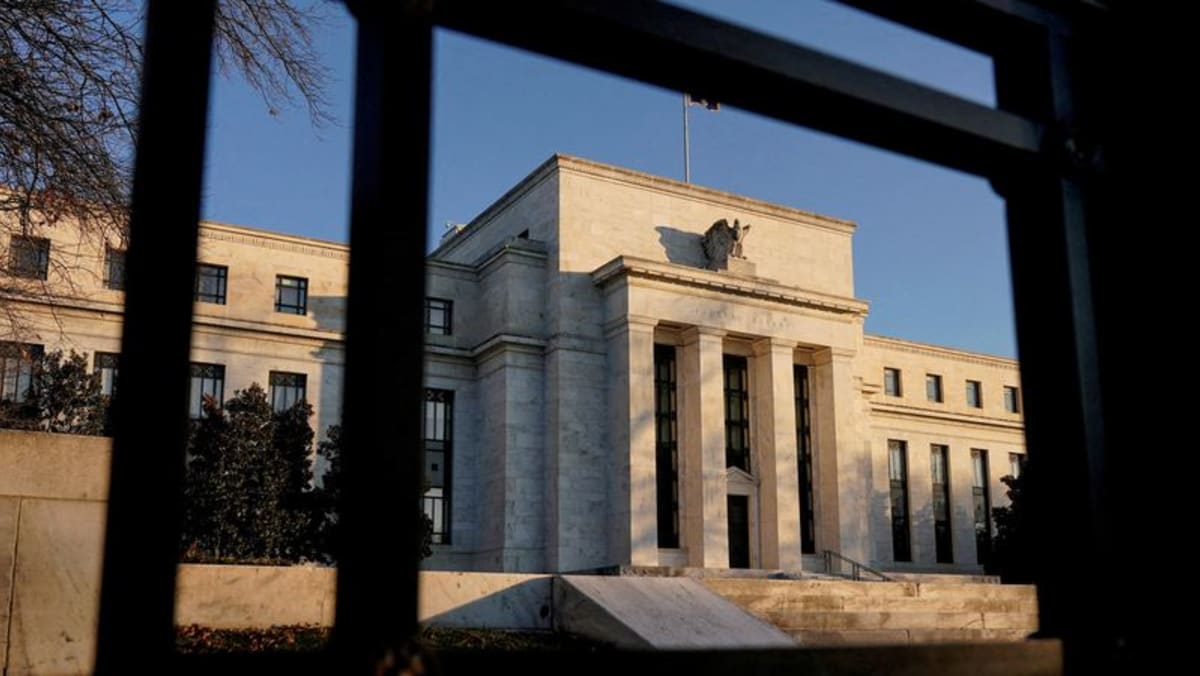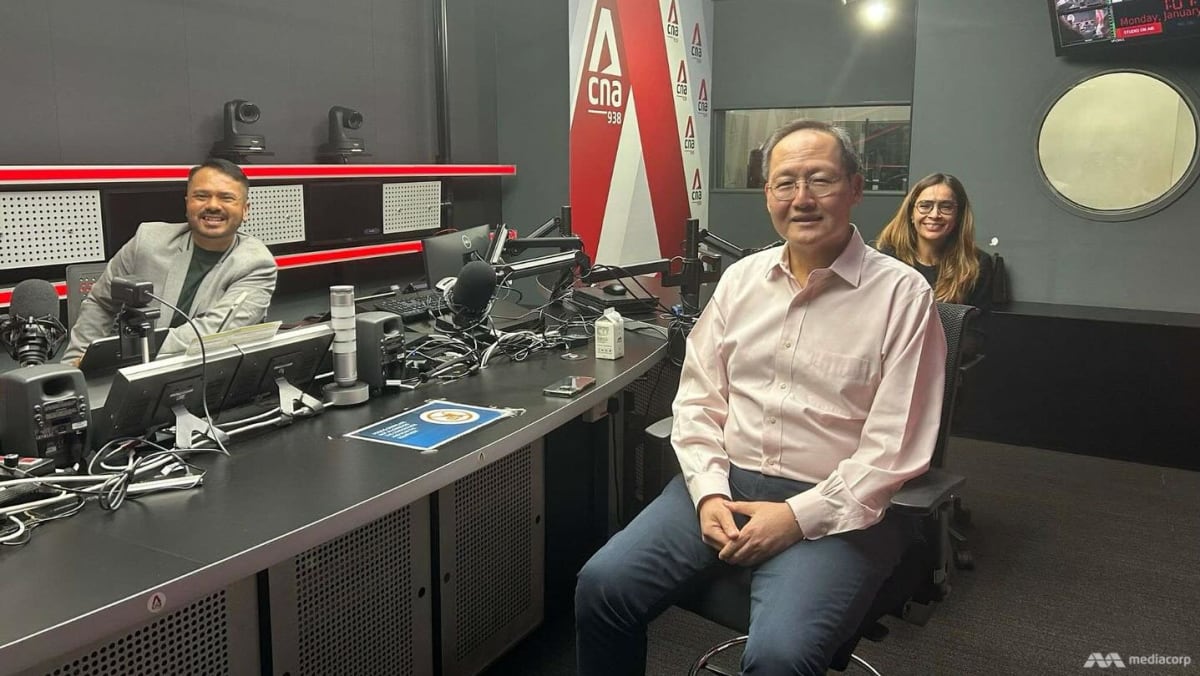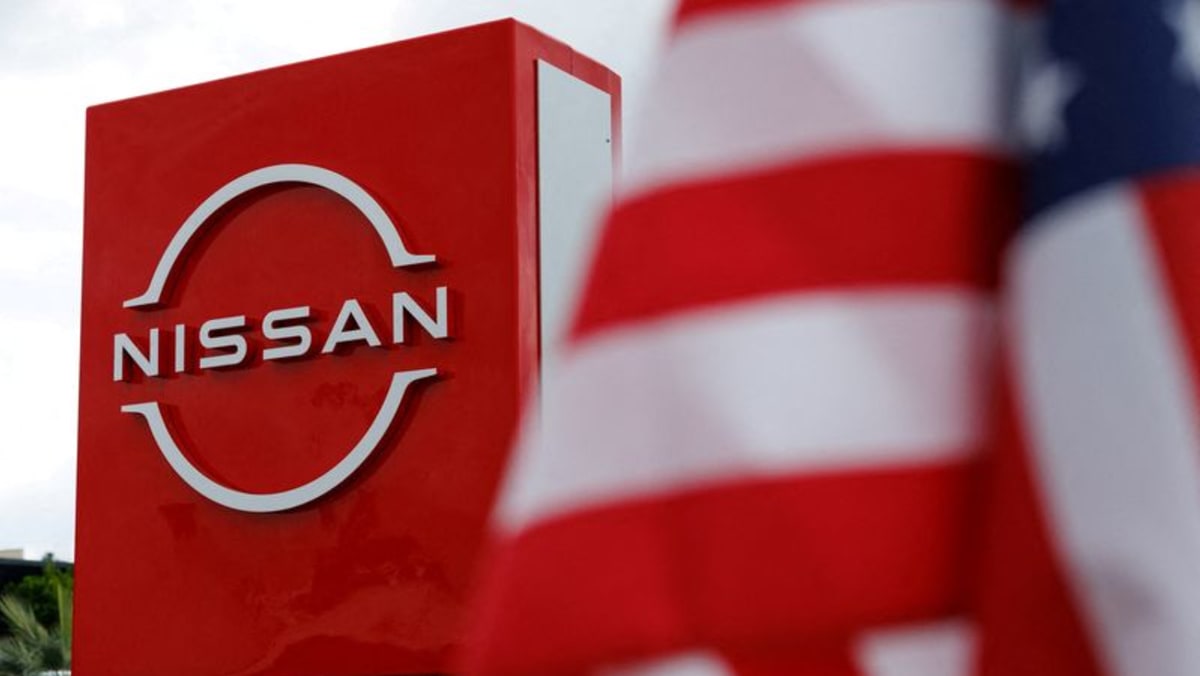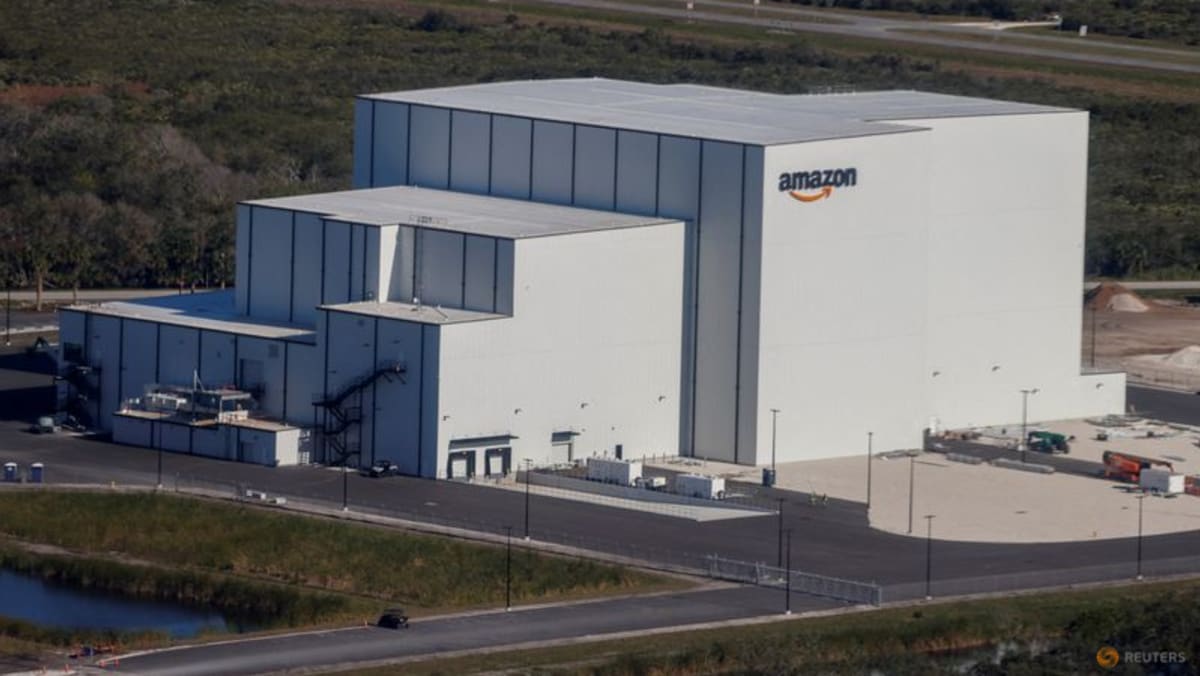“The fact is that sometimes people get worried when the pace of change is so fast, but it’s real. We are connected. We are a global economy. We’re connected to the world. We are a very open economy and the fact is that when other places move fast, we move in tandem, otherwise we get left behind,” he said.
In some of the sectors Singapore wants to pivot to, there is a period when the expertise is lacking and there will be a higher number of foreign professionals here, while Singaporeans are being trained in those skill sets.
“I think it’s actually a very natural sort of phenomenon … What we try to do as a government is to make sure that we invest significantly in reassuring our local residents and … educating them, giving them the means, the wherewithal to upskill, to train, to reskill themselves, so that they are ever-ready,” said Dr Tan.
“I think the key thing is to make sure that they have the confidence that the government is with them every single step of the way.”
Another listener asked whether Singapore should reduce its reliance on foreign labour.
“It is a balance, and a very delicate balance,” he said.
While the government has offered grants and incentives for companies to rely less on foreign labour, this transformation can be difficult. Ultimately, a business model that relies on low labour costs is not sustainable, as living costs in the workers’ home countries are also rising, Dr Tan said.
“In fact, now many of the foreign workers that work here for a while, after a while, they leave for the Middle East. They leave for other countries, for greener pastures,” said the Manpower Minister.
The government has rolled out schemes, grants and incentives to incentivise companies towards greater productivity, and also started an Alliance for Action on business competitiveness.
“There will be some measures that we’ve adopted to see how we can help, particularly our SMEs, to improve their competitiveness,” said Dr Tan.












